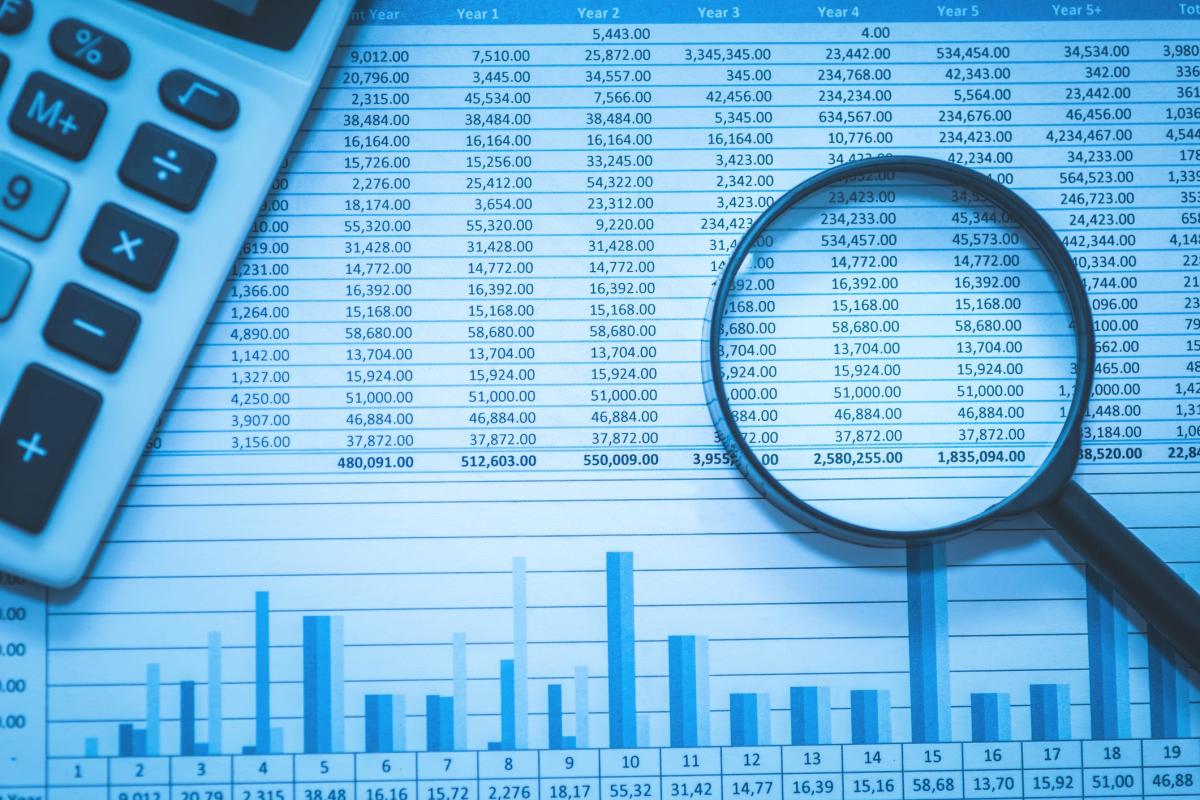The economy enters 2025 in reasonably good shape, with a low unemployment rate, modest inflation, a trend toward declining interest rates and strong corporate profit growth that has been giving the stock market a lift.
It’s thus not a bad backdrop for getting a fresh start on improving your finances. Here are some trends, issues and tips to mind in coming weeks:
New Year’s resolutions can provide the motivation to improve your financial situation in many ways, such as building up your retirement plan, reviewing your insurance policies or getting started (or updating) an estate plan.
However, the resolution most Americans are focusing on heading into 2025 is more basic: Sock more money into emergency savings. You can hold money in various forms from a money-market mutual fund to laddered bank certificates of deposit (those coming due in intervals such as every three months).
The idea is to have enough liquid cash to meet big unexpected expenses while earning at least a modest yield in the meantime.
In a Fidelity Investments survey, 72% of respondents said they suffered a notable financial setback this year, with nearly half having to dip into their emergency funds to pay for it. It’s thus no surprise that 79% of respondents hope to build up their cash reserves, 38% worry about unexpected expenses and 20% say another surprise could set them back in 2025. Women, more than men, said they didn’t have an emergency fund to dip into, but 80% of them resolved to build one in 2025.
A new rule that could help some of the most hard-pressed consumers is one that mandates lower overdraft fees at banks.
The federal Consumer Financial Protection Bureau in December issued a final rule that it said will cut typical overdraft fees from $35 per transaction to $5, saving an average of $225 annually for the 23 million or so households that pay such charges.
Bank critics contend the charges hit lower-income people hard.
Overdraft fees are “a form of predatory lending that exacerbates wealth disparities and racial inequalities,” said Carla Sanchez-Adams, senior attorney at the National Consumer Law Center, in a statement.
Some banks including Capital One, Citibank and Ally Bank already have eliminated these fees.
Consumer advocates hail the new rule but caution that it faces the risk of being overturned by Congress. That, they say, could come with simple majority votes in the Senate and House, with limited debate.
The IRS is suggesting several steps that can be taken soon for people hoping to get a jump on the filing season for 2024 tax returns. These include gathering and organizing tax records, making an estimated fourth-quarter quarterly payment (if required) by Jan. 15, 2025, and opening an IRS Online Account. Income brackets, deductions and other tax aspects have changed a bit owing to inflation adjustments.

